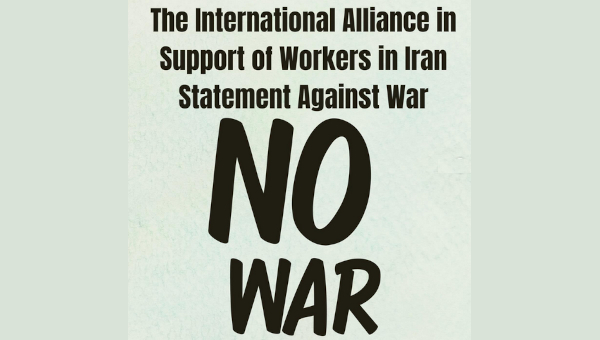
In light of the emergence of the Tunnels of Gaza, which have been dug and developed as a response to prison conditions imposed on the entire Gaza Strip, it is instructive to study other instances of tunnels used to combat oppression, particularly in anti-colonial/anti-imperialist struggles of the Vietnamese people against the French and later the Americans.
All the quotes below are from a book by Tom Mangold and John Penycate, titled, The Tunnels of Cu-Chi (1986).
"The underground tunnels of Cu Chi were the most complex part of a network that -- at the height of the Vietnam War in the mid sixties -- stretched from the gates of Saigon to the border with Cambodia. There were hundreds of kilometers of tunnels connecting villages, districts, and even provinces. They held living areas, storage depots, ordnance factories, hospitals, headquarters, and almost every other facility that was necessary to the pursuit of the war by the South Vietnam's Communists and that could be accommodated below ground." (p. 15)
"No single military engineer designed this vast labyrinth, nor -- despite Vo Nguyen Giap's overall generalship in Hanoi -- did any one commander order it to be built. The tunnels evolved as the natural response of a poorly equipped and mainly local guerrilla army to mid-twentieth century technological warfare. Aircraft, bombs, artillery and chemicals obliged the Viet Cong to live and fight underground ... [By] becoming an army of moles pitched against armies winged into battle by helicopter, the Viet Cong guerrillas, and later the North Vietnamese army, protracted the war to the point of persuading the United States that it was unwinnable. " (p. 15-16)
"The district of Cu Chi (pronounced ku-chi), in what was South Vietnam, became the the most bombed, shelled, gassed, defoliated and generally devastated area in the history of warfare. For years, most of Cu Chi suffered the fate of being a "free fire zone". That meant random artillery fire, known as "harassment and interdiction" rained upon it ... Bomber pilots were encouraged to offload unused explosives and napalm over Cu Chi before returning to base." (p. 17)
"The strategic significance of this part of South Vietnam is self-evident: It straddled the main land and river routes into Saigon. During the war, these were the Viet Cong's supply routes from Cambodia, where the Ho Chi Minh trail from North Vietnam ended. Secondly, Cu Chi district covers the only sizeable territory in South Vietnam across which troops and vehicles can move easily, even in the monsoon rains that fall on the area in summer months every year." (p. 18)
"The tunnels in Cu Chi were originally dug as hiding places for the Viet Minh, the nationalist guerrillas who fought the colonial power, France, in the 1940s and 1950s." (p. 20)
From the prelude, this poem:
The Mother -- The Native Land
by Duong Huong Ly
When she dug the tunnels, her hair was still brown.
Today her head is white as snow.
Under the reach of the guns she digs and digs.
At night the cries of the partridge record the past.
Twenty years, always the land is at war.
The partridge is the night cries out the love of the native land.
The mother, she digs her galleries, defenses,
Protecting each step of her children.
Immeasurable is our native land.
The enemy must drive his probes in everywhere,
Your unfathomable entrails. Mother,
Hide whole divisions under this land.
The dark tunnels make their own light.
The Yankees have captured her.
Under the vengeful blows she says not a word.
They open their eyes wide but are blind.
Cruelly beaten, the mother collapses.
Her body is no more than injuries and wounds.
Her white hair is like snow.
Night after night
The noise of picks shakes the bosom of the earth.
Columns, divisions, rise up from it.
The enemy, seized by panic, see only
Hostile positions around him.
Immeasurable is our native land.
Your entrails, Mother, are unfathomable.







No comments:
Post a Comment